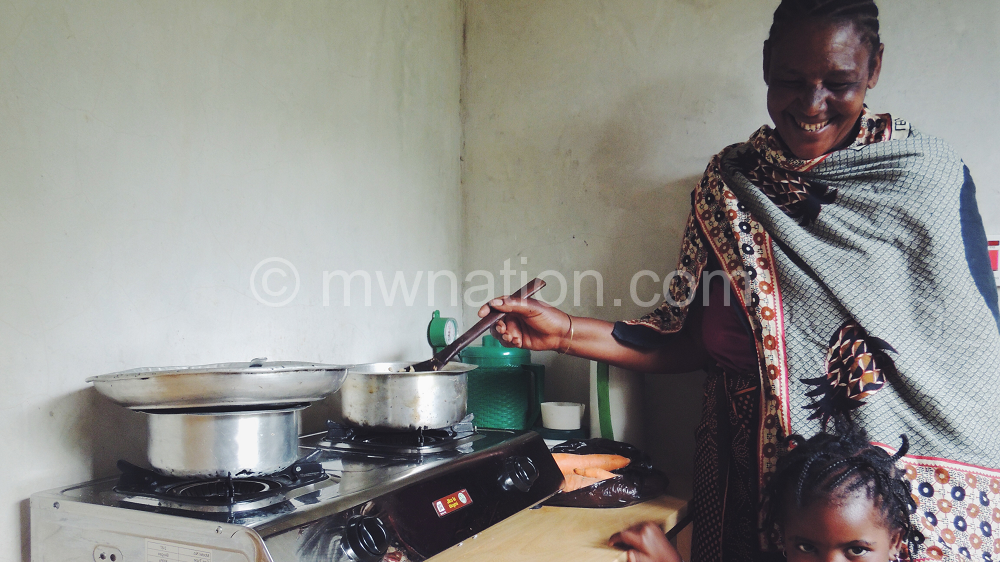‘Energy finance excluded majority’
The world will likely miss the target to provide sustainable energy and clean cooking for all unless most funds go towards uplifting populations left behind, experts have warned.
Researchers and commentators at the global climate talks ending on Saturday in the coal-rich city of Katowice, Poland, are not just worried that financial flows do not only fall short of the annual $56 billion needed to achieve electrification by 2030.

They are also concerned that the funds are concentrated in well-off countries, leaving behind those with the highest unmet need—including Malawi, where 90 percent of the population is not connected to the grid.
Unlocking Climate Finance for Decentralised Energy Access, a study by Hivos in partnership with International Institute for Environment and Development (IIED) on the flow of International Public finance, shows that only five percent went towards the least developed countries between 2003 and 2017.
“This means the funds are not reaching those who need them most. We are excited and encouraged when we hear about billions pledged during climate conferences, but where is the money going? The pledges and finance are not translating into kilowatts on the ground,” said Reginald Mapfumo, the programmes manager for Green Inclusive Energy Project Hivos Foundation is implementing in Malawi and Zimbabwe
The decried trickles slow the global agenda for greater investment in decentralised renewable energy mini-grids, which empower the people to generate their own sustainable energy.
Providing renewable energy in communities without access to electricity is a catalyst for ending poverty and reducing carbon emissions.
In an interview in Katowice, Joseph Kalowekamo, the director of energy in the Ministry of Natural Resources, Energy and Mining, urged the private sector, including banks, to step up investment in expanding access to renewable energy.
He said: “Malawi is promoting the use of mini-grids in areas that are far from the national grid and [we want them to] have renewable based sources of electricity such as solar and wind mini-grids and microgrids. To set the ball rolling, the government is installing an 80kw solar mini-grid at Sitolo village in Salima and a 300kw hydropower system at Usingini in Nkhata Bay.”
The country is among 20 nations with the lowest access to energy, with 16 of them in sub-Saharan Africa.
Researchers at the United Nations (UN) Sustainable Energy for All (SEforALL) tracked the circulation of about $39 billion in these countries. n





